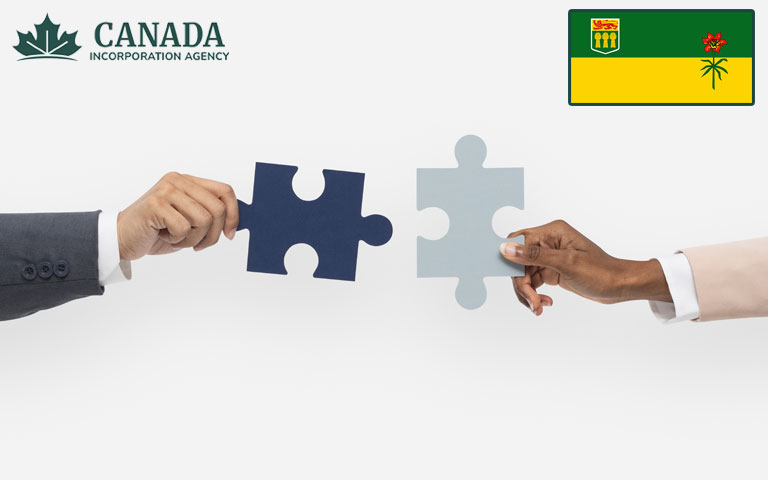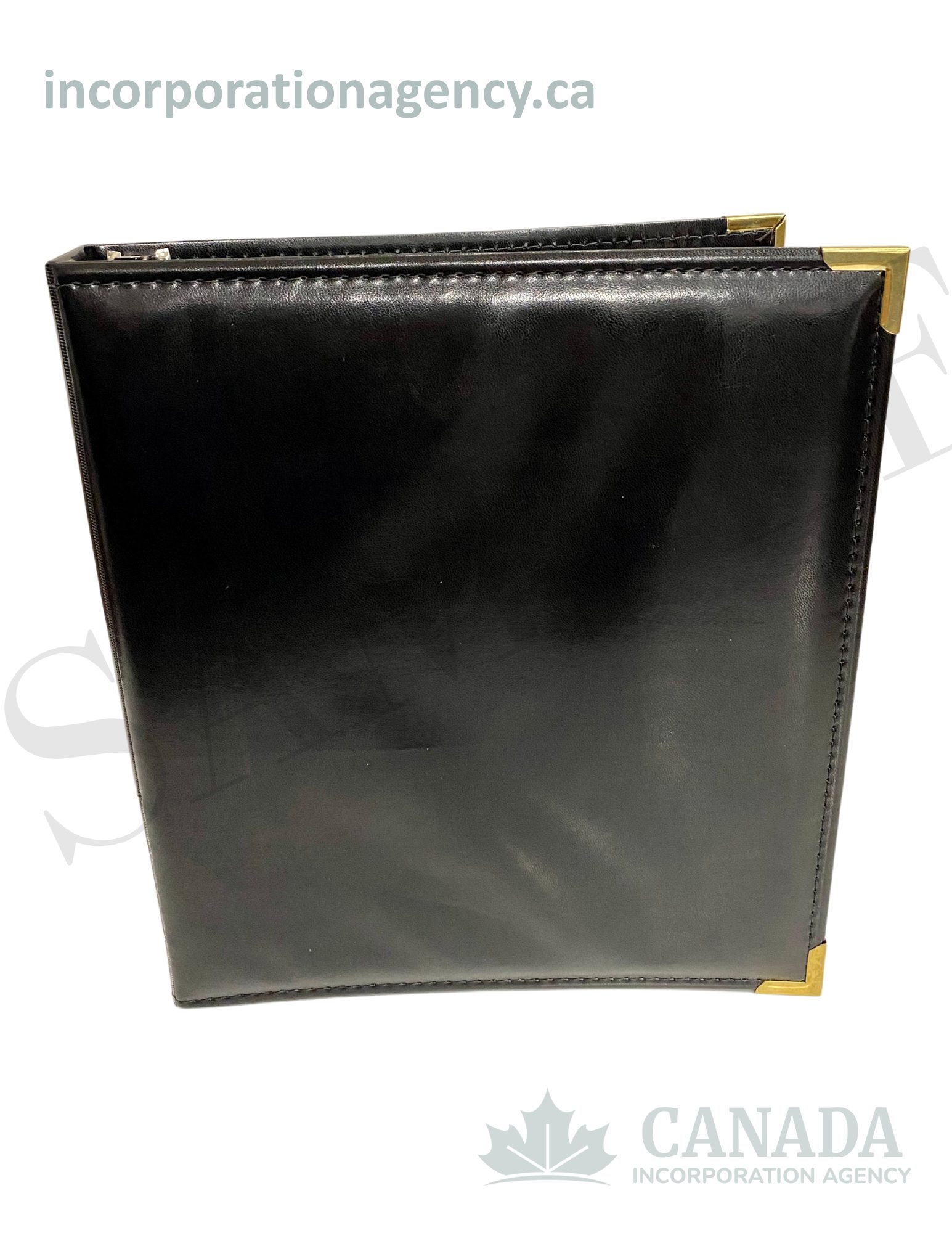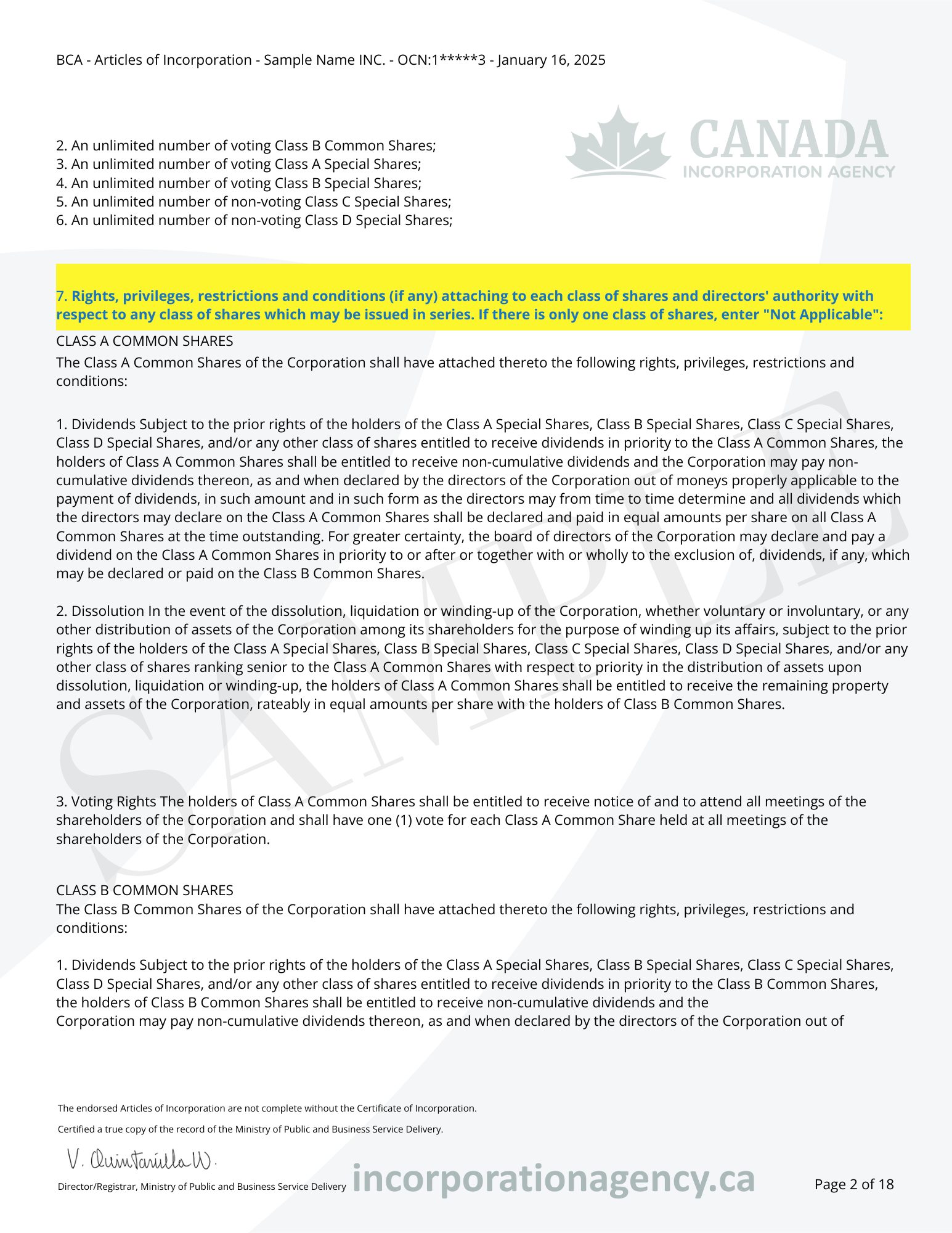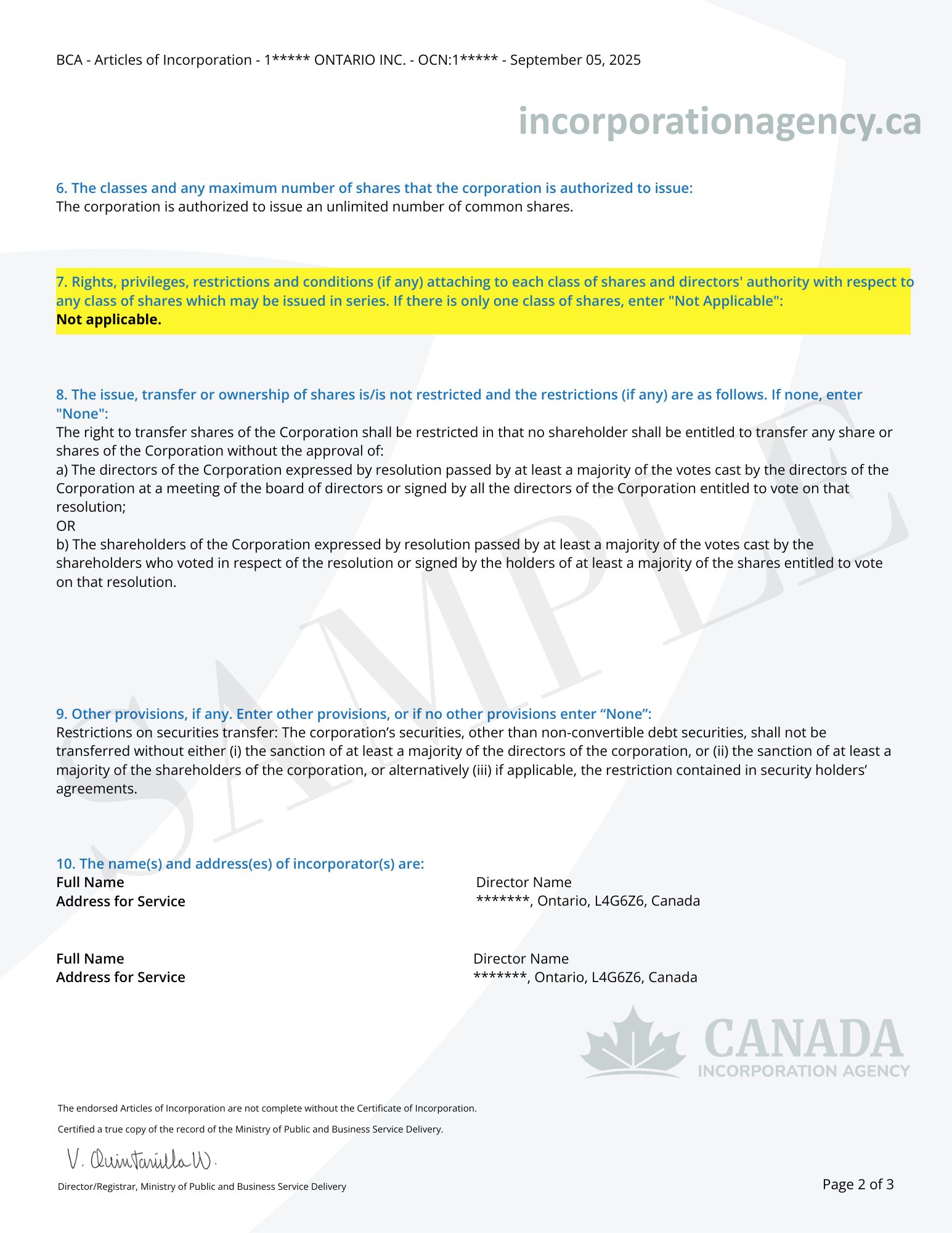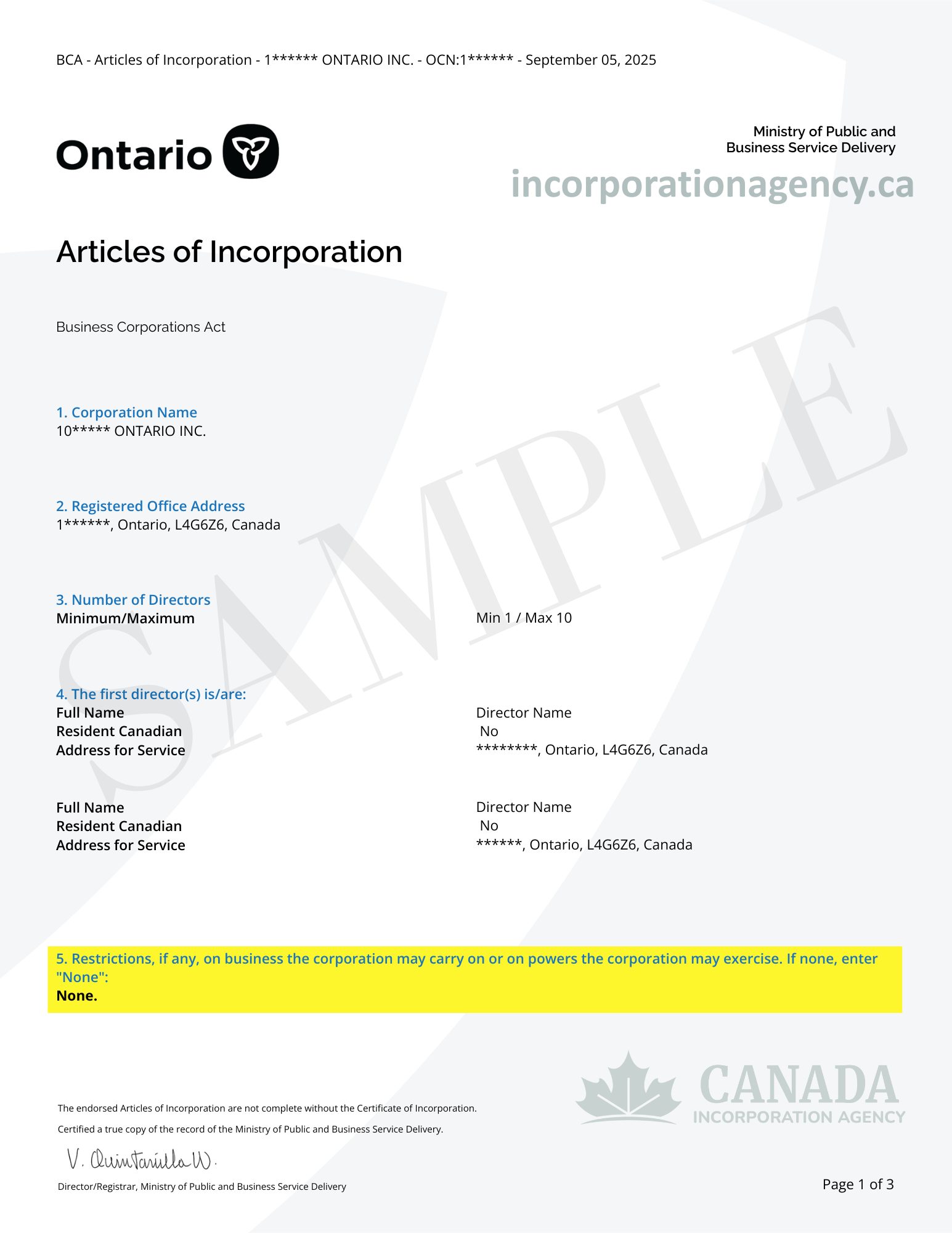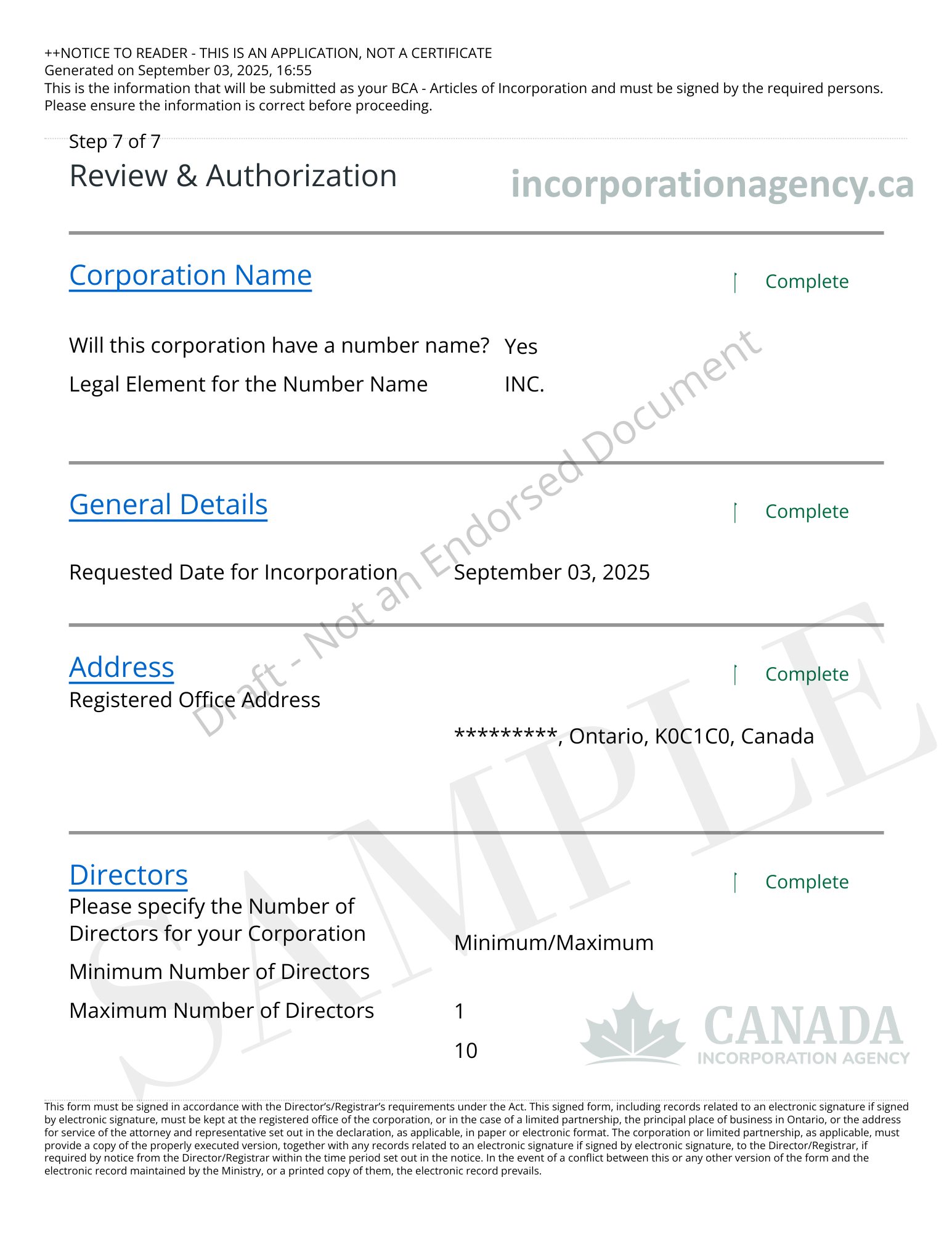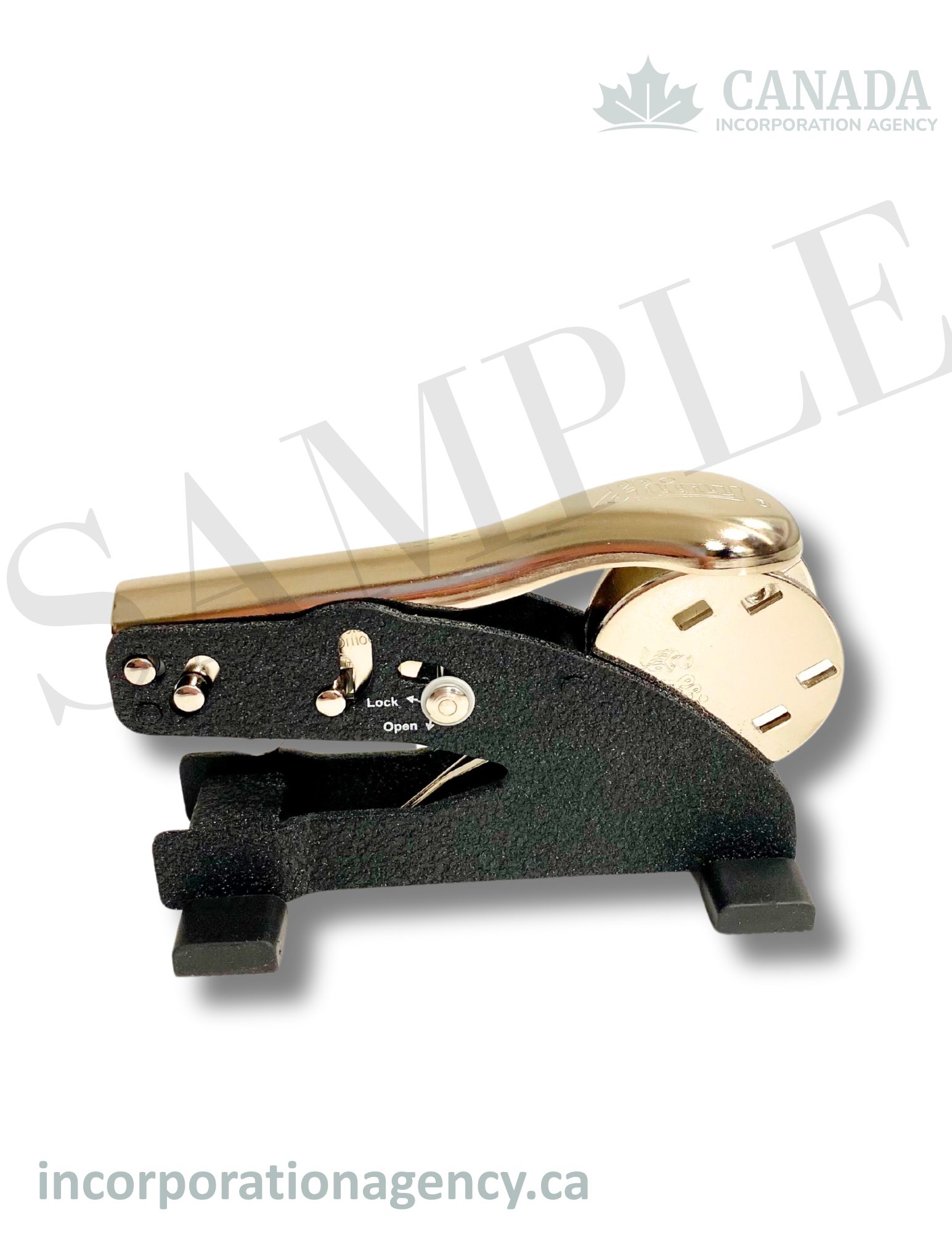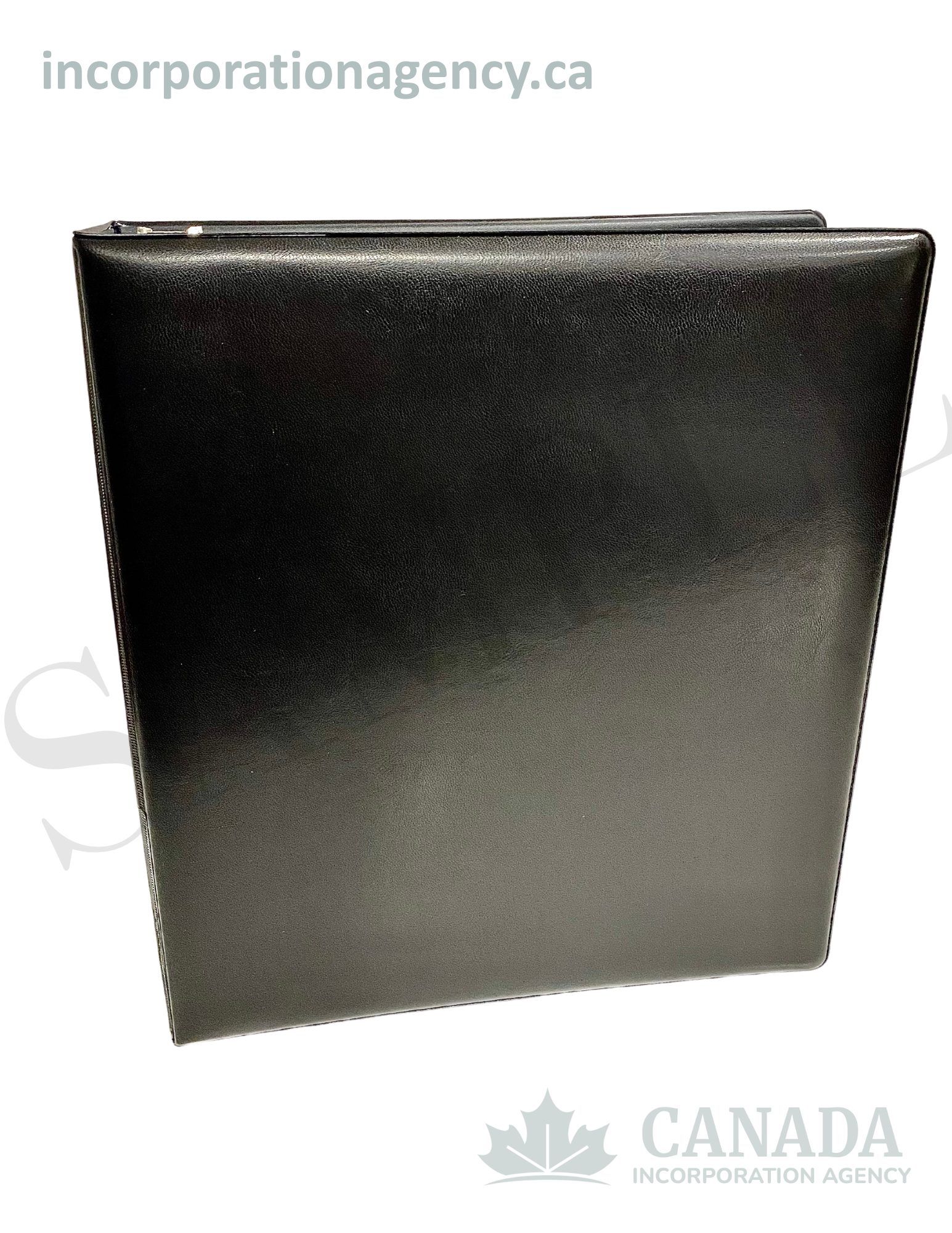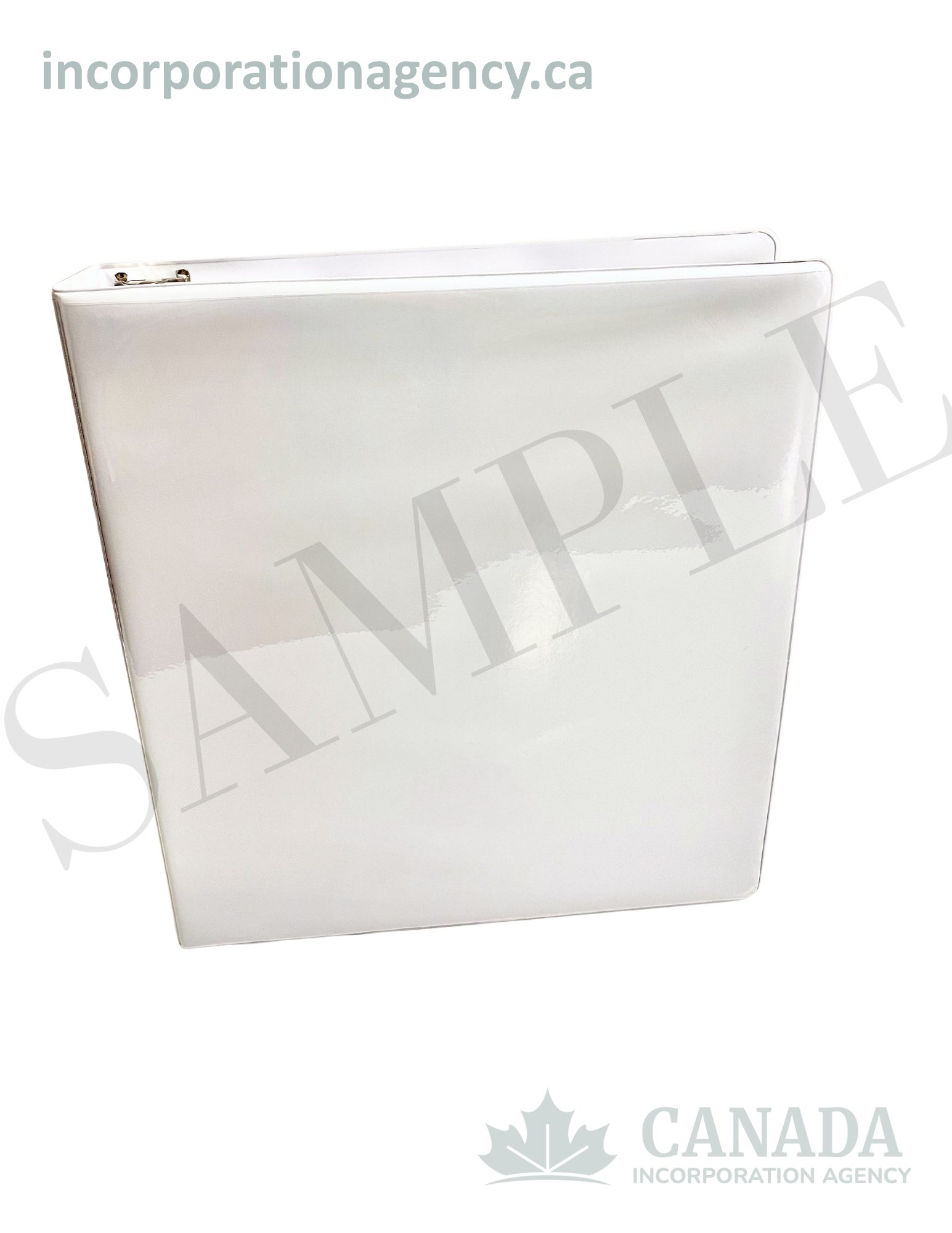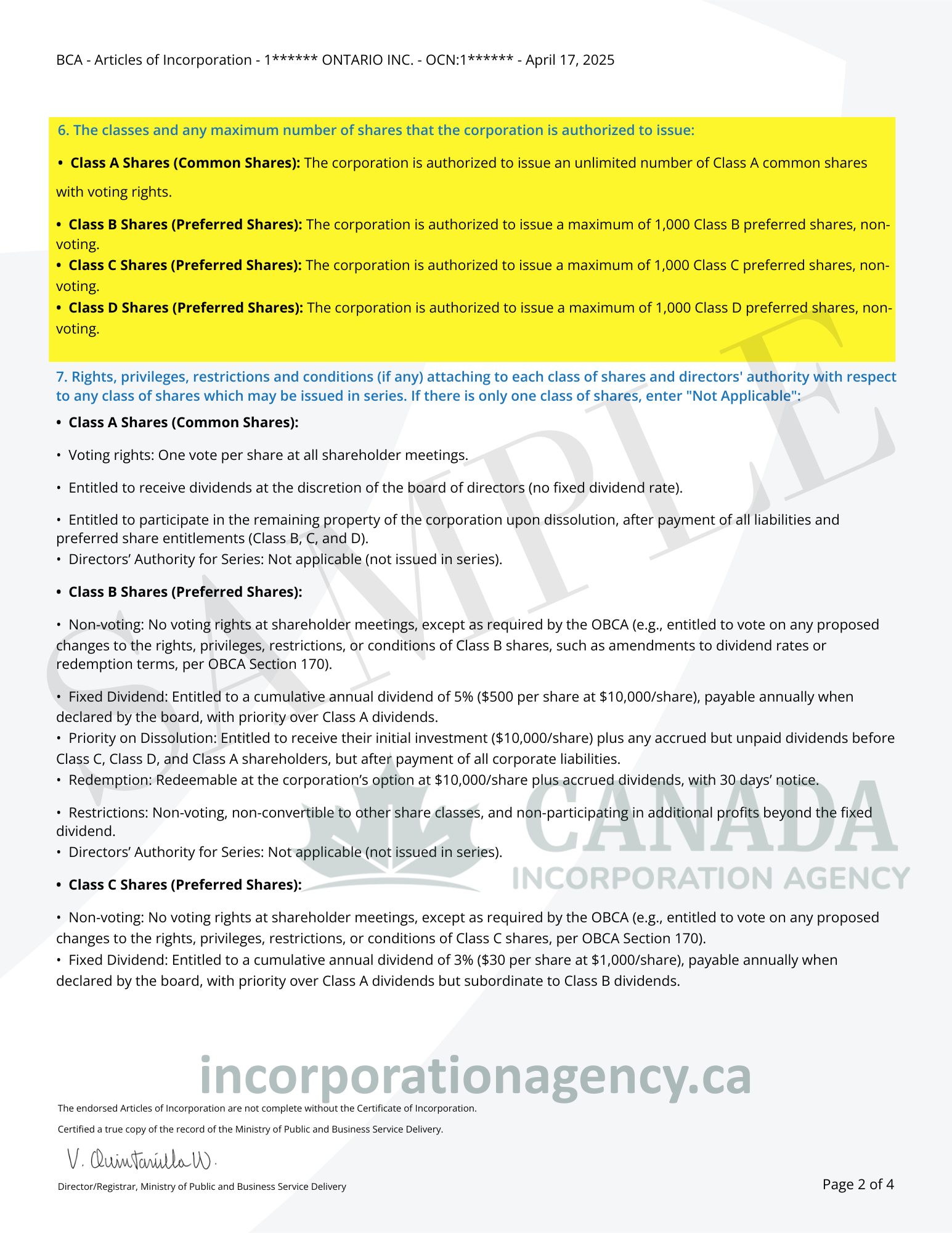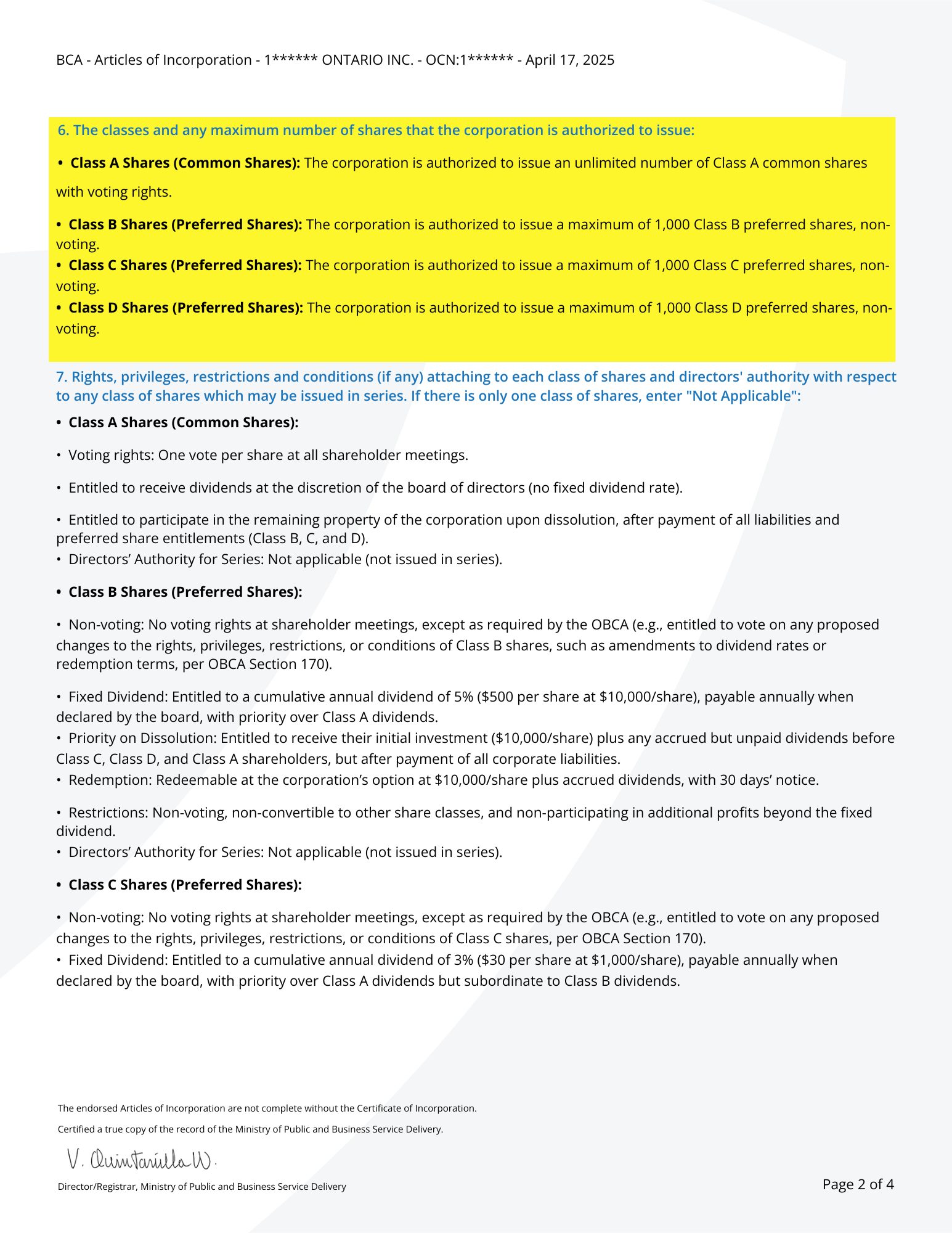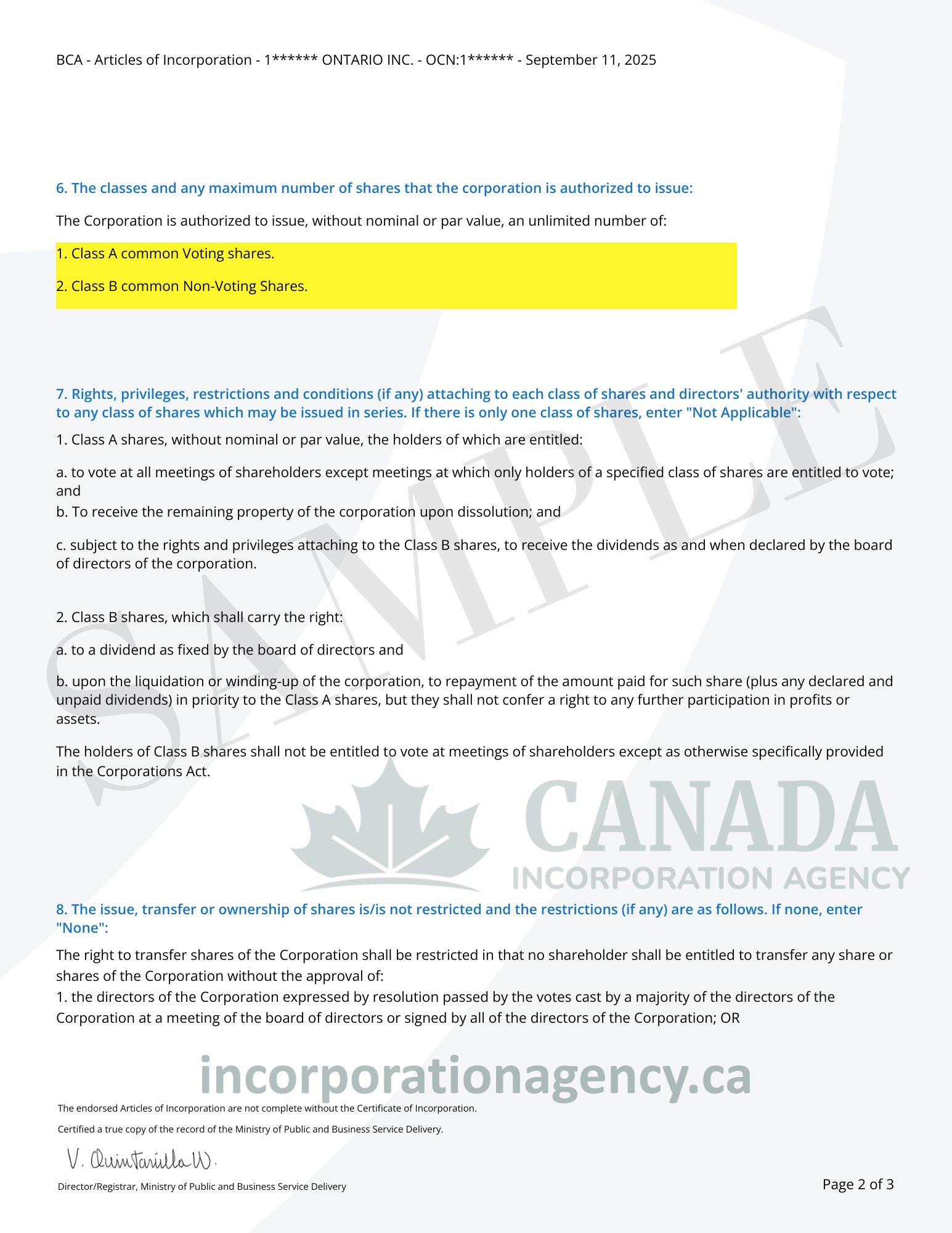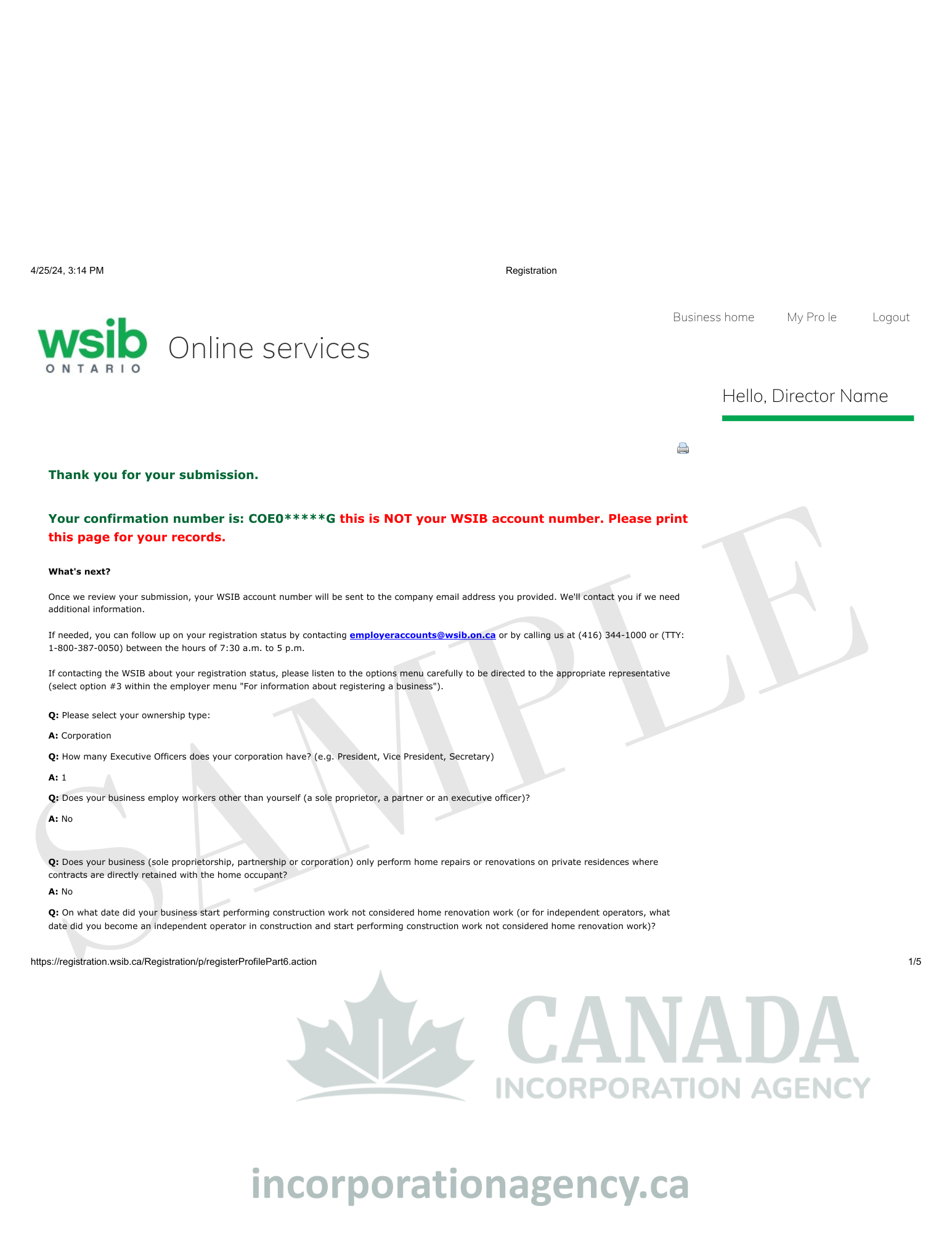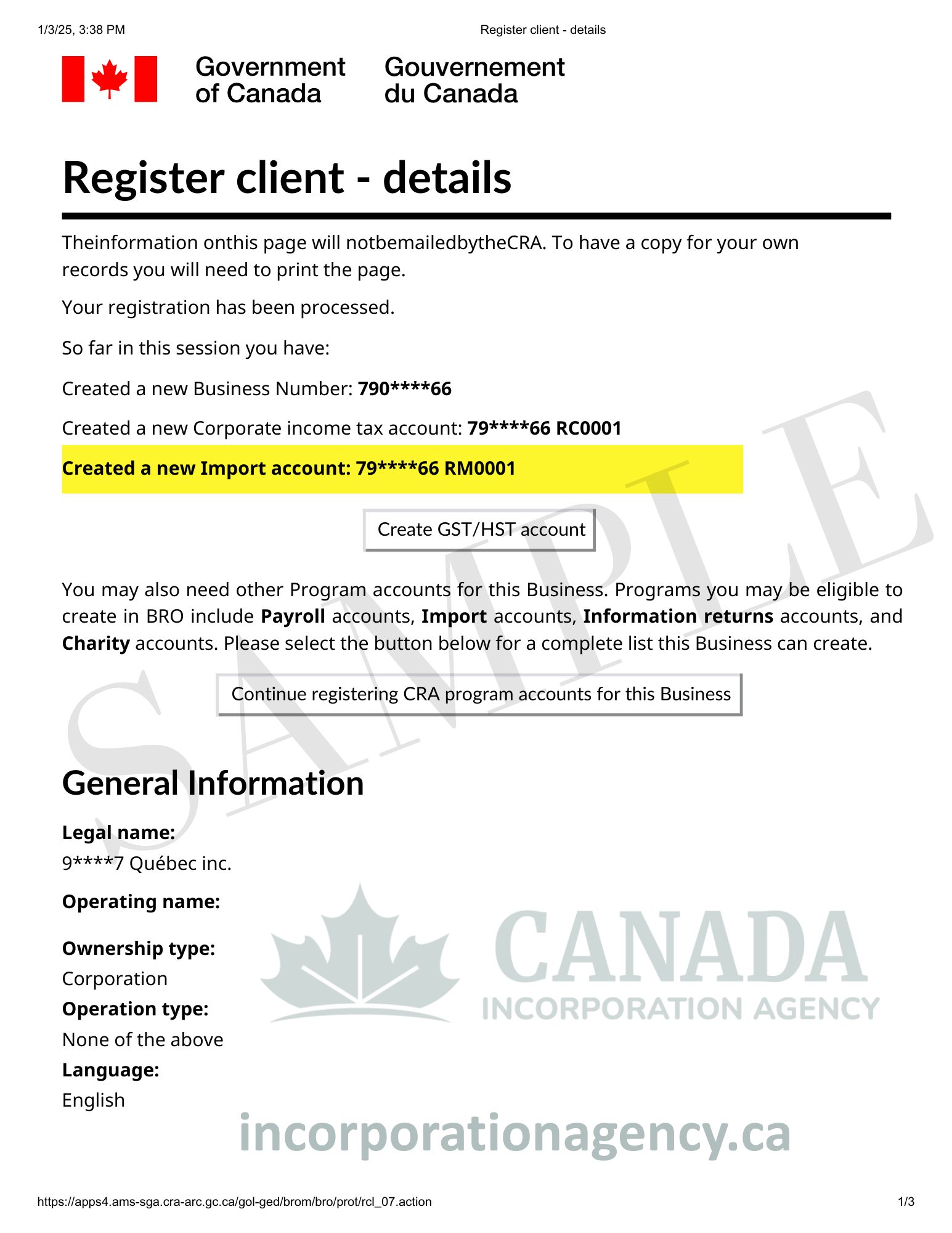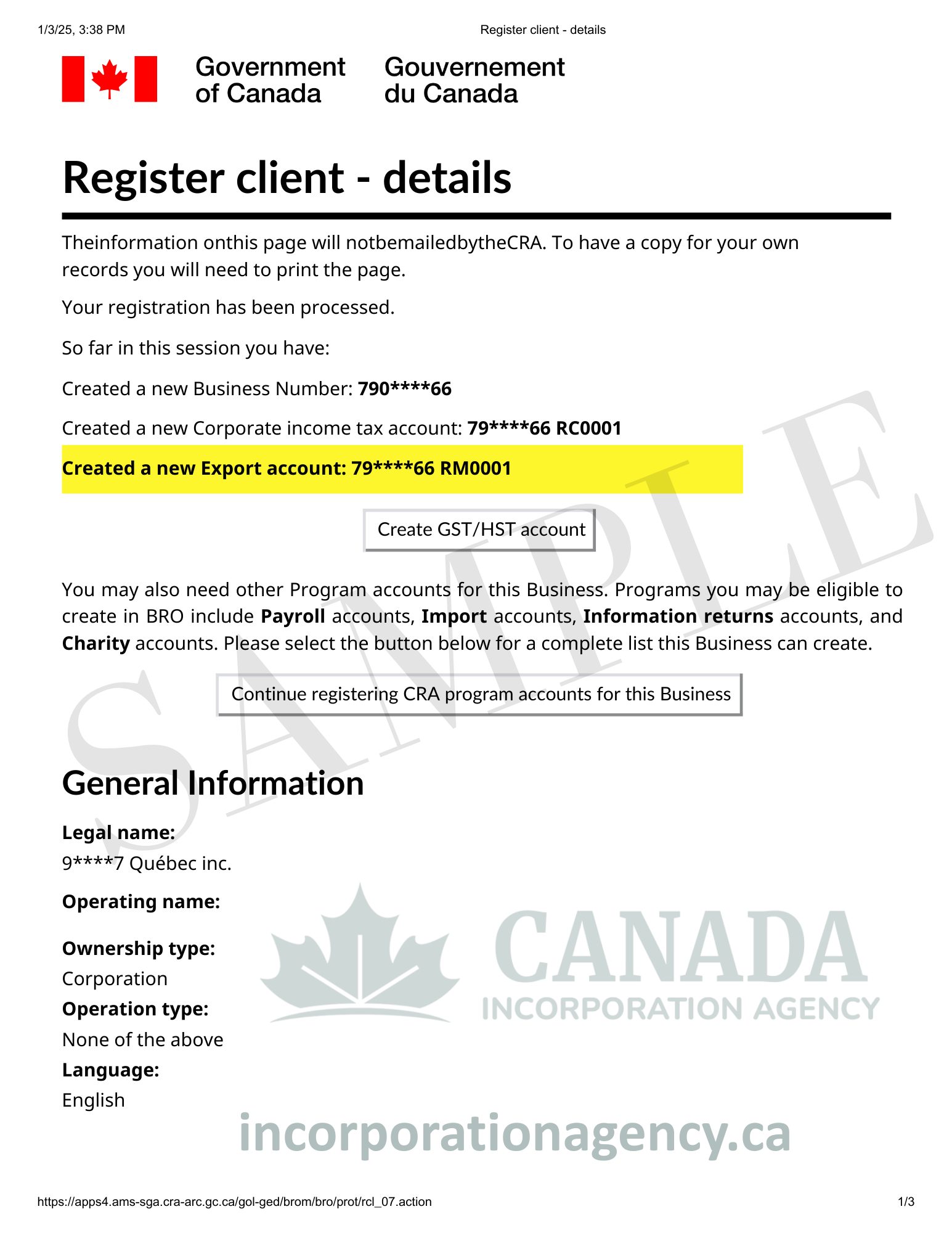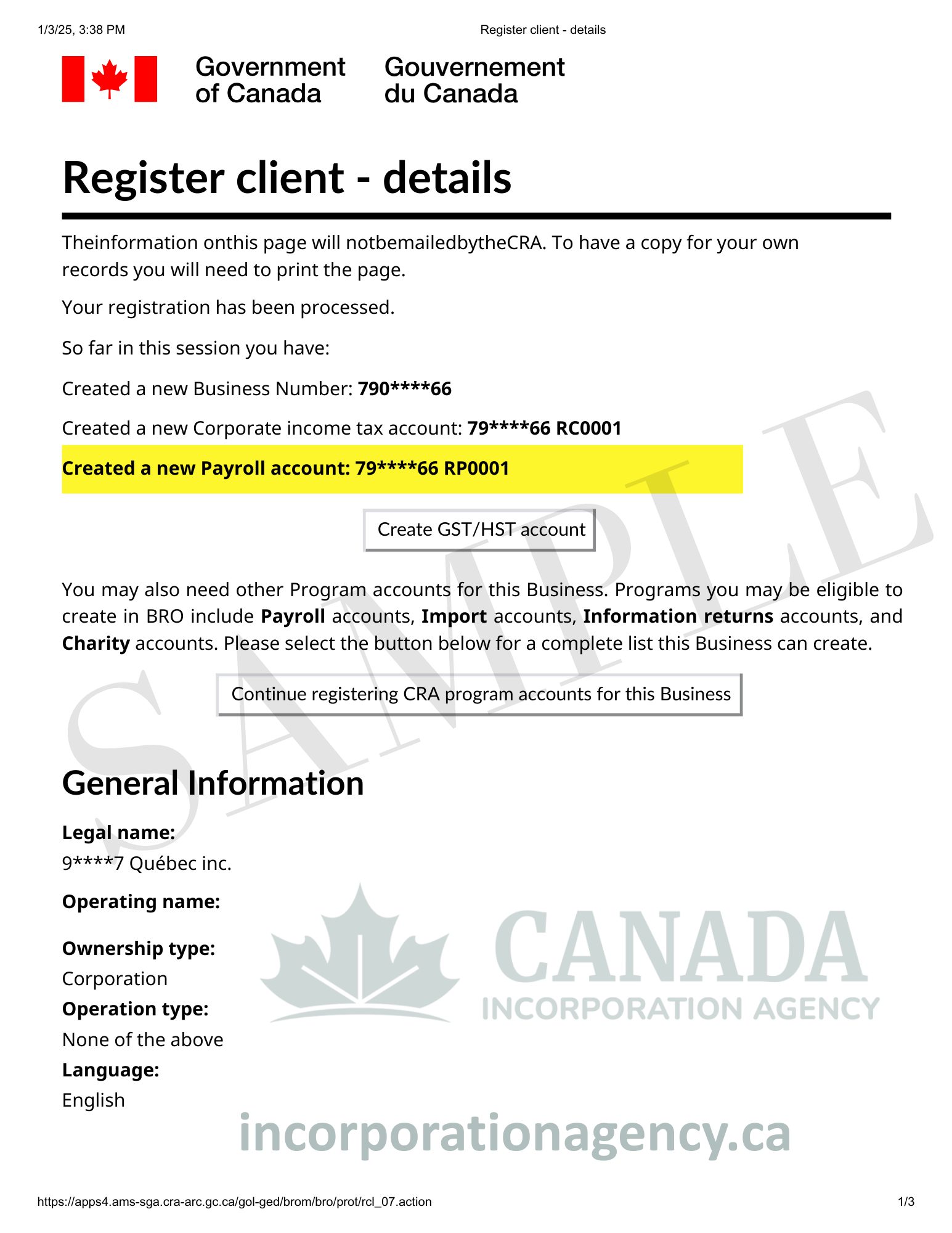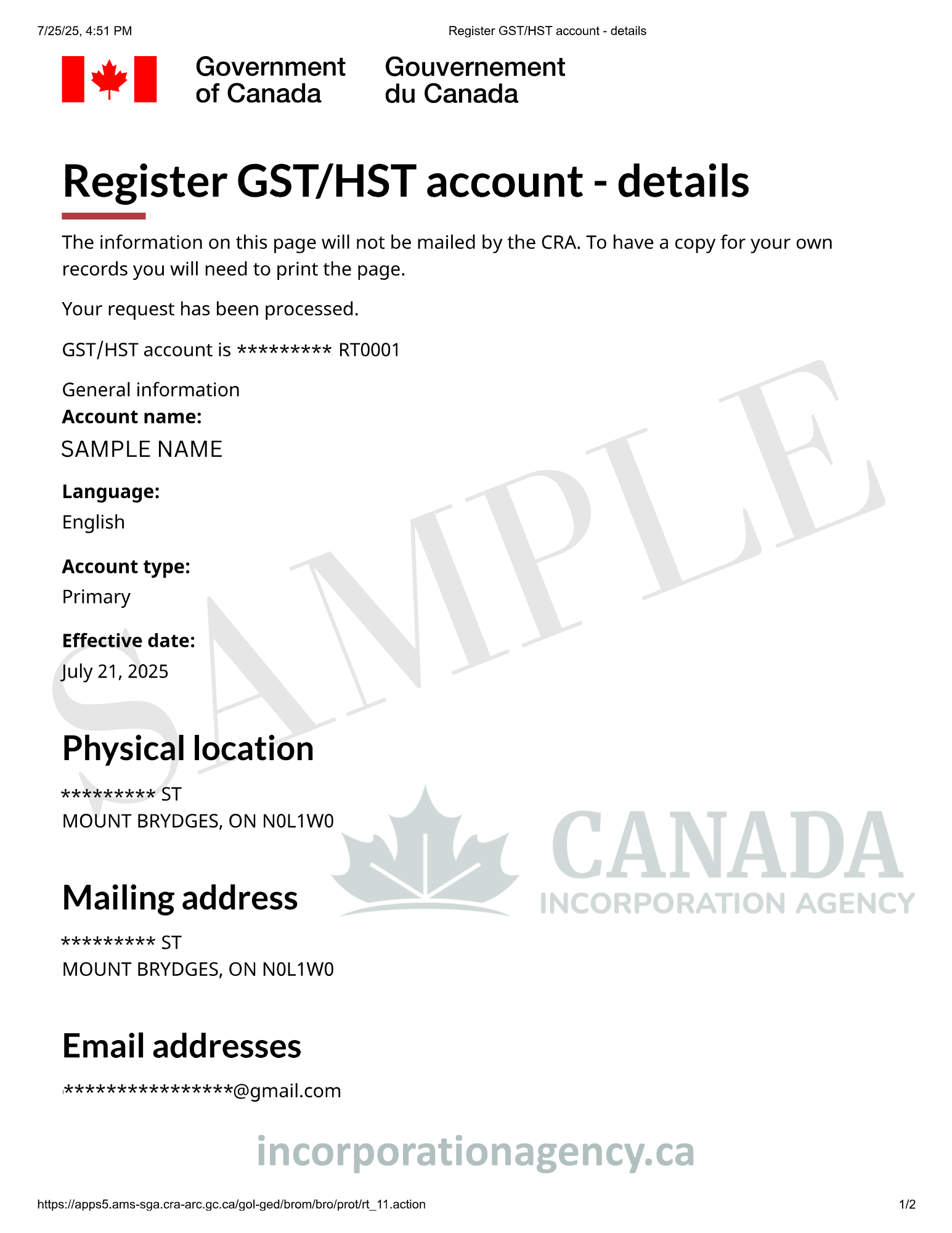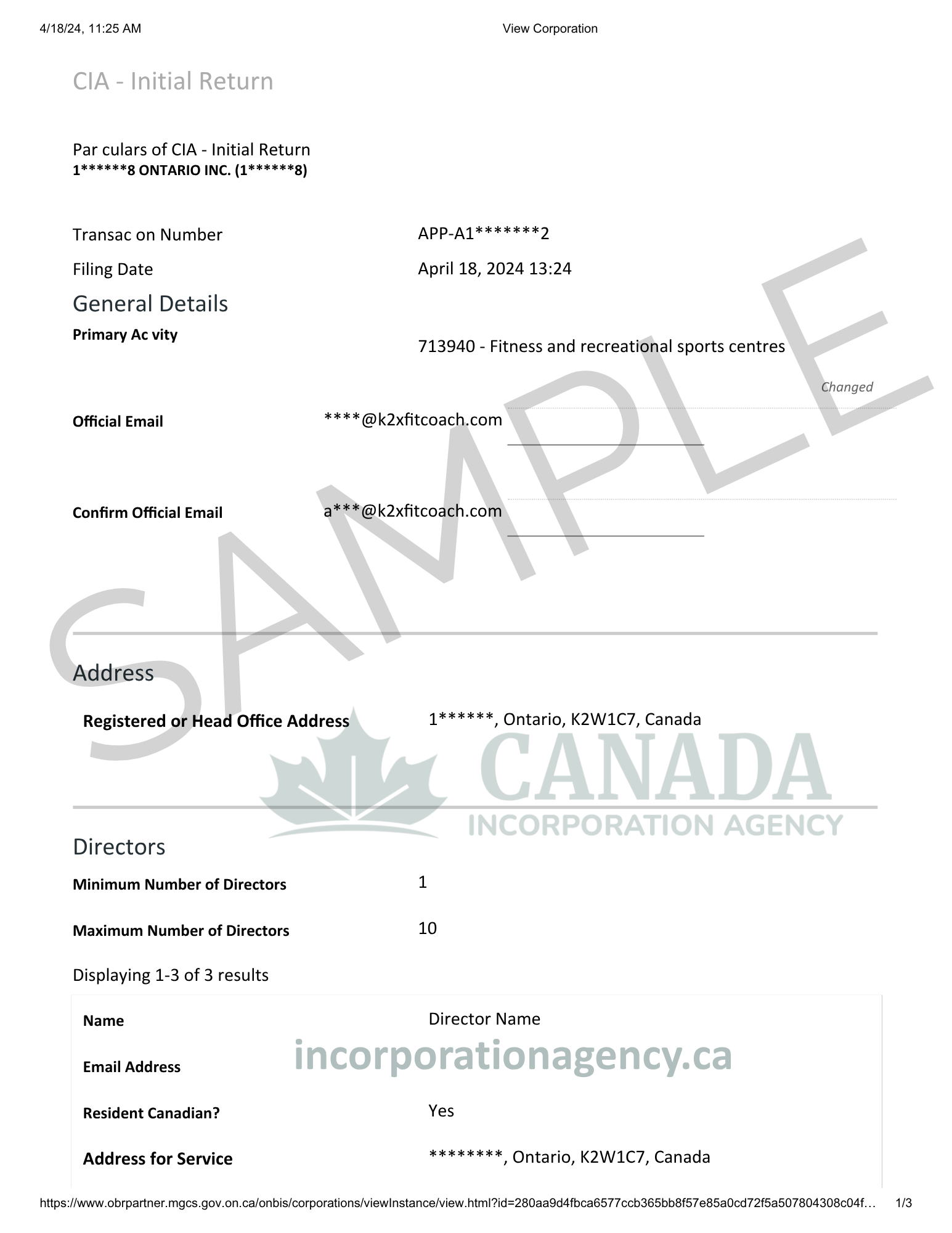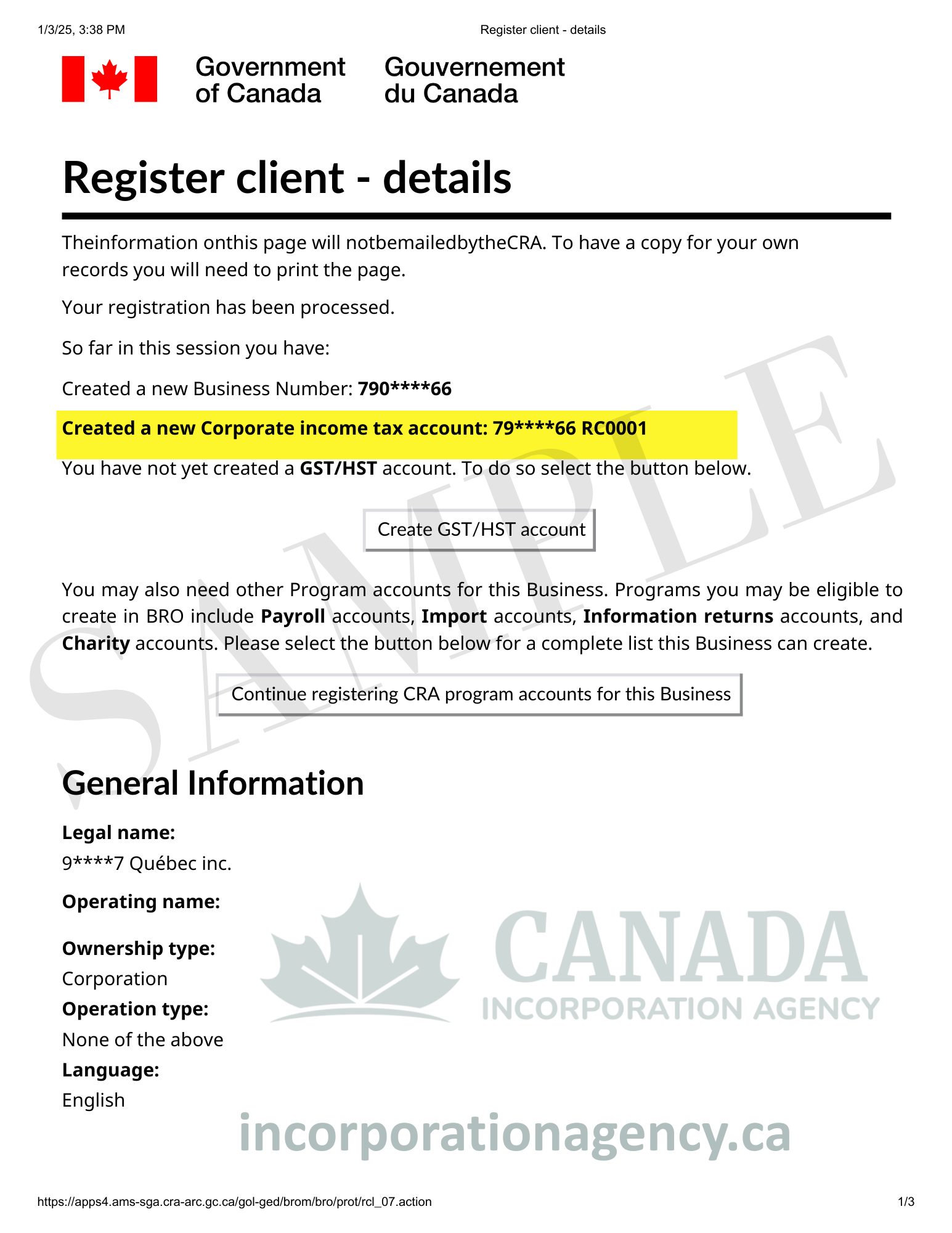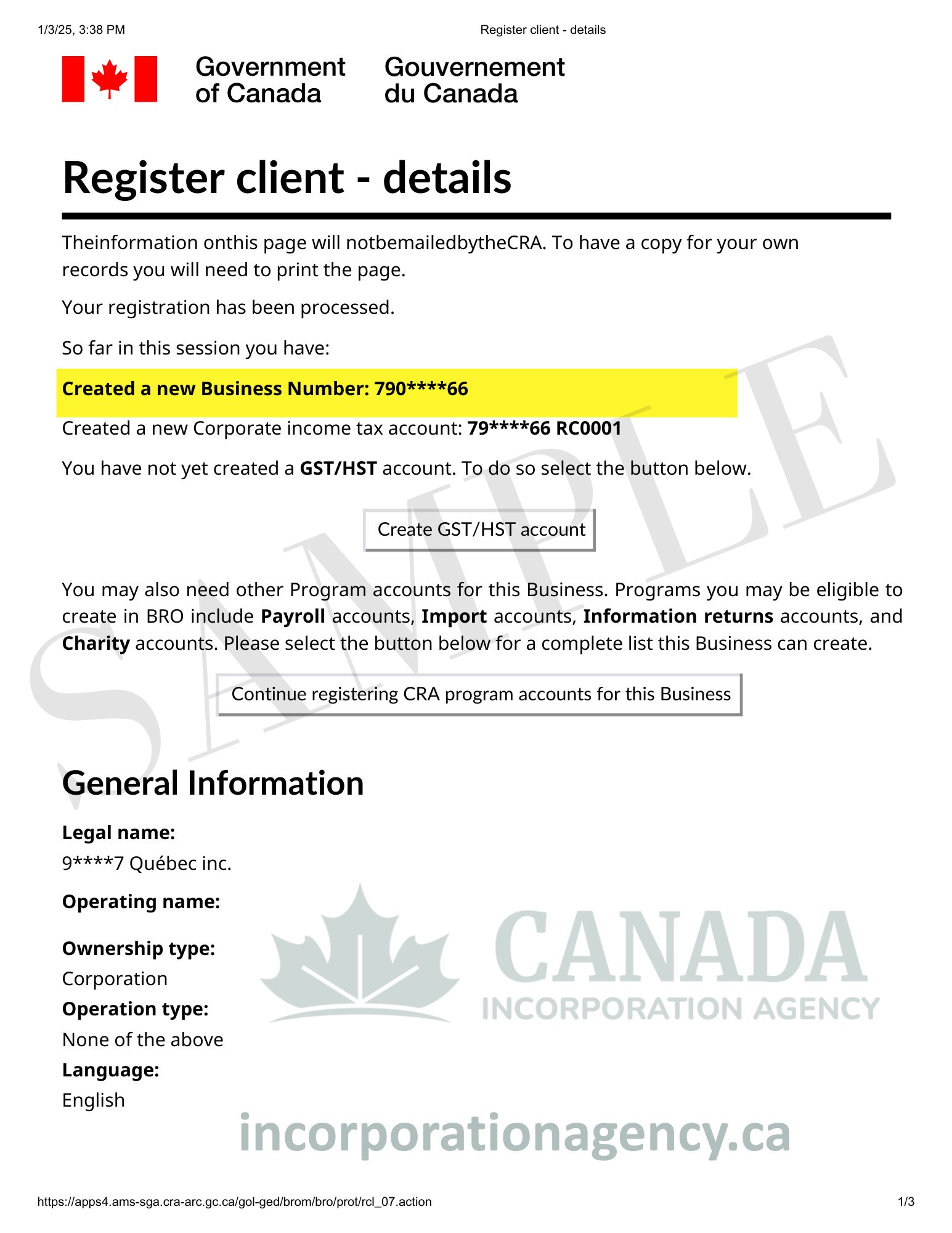If you want to start a business in Saskatchewan, there are a lot of different options available for you – like a sole proprietorship, partnership, or a corporation. Sometimes it might get confusing, which business structure suits your needs in the best way? In this article we will try to put some light on the General partnership registration process in Saskatchewan. We will also compare it to other business structures and explain how you can register a partnership in Saskatchewan step-by-step. But first things first. Let’s find out what the general partnership really is.
What Is a General Partnership in Saskatchewan?
A general partnership is when two or more people decide to run a business together and share everything – the work, the profits, and yes, even the headaches. Think of it like having a business roommate!
Here’s the cool part: in Saskatchewan, general partnerships are pretty straightforward. Unlike corporations with their fancy paperwork and complicated rules, partnerships are the “easy button” of business structures. You don’t need to file tons of documents or jump through flaming hoops (thankfully). If you’d like to take a closer look at the incorporation and partnership comparison, here it is:
What Is a General Partnership in Saskatchewan?
| Feature | Saskatchewan General Partnership | Saskatchewan Corporation |
|---|---|---|
| Legal Structure | Governed by the Partnership Act (Saskatchewan). Two or more people carry on business together. Not a separate legal entity. | Governed by the Business Corporations Act (Saskatchewan) or Canada Business Corporations Act (if federal). Separate legal entity. |
| Liability | Unlimited personal liability. Each partner is personally responsible for debts and obligations of the business. | Limited liability. Shareholders’ personal assets are generally protected from corporate debts. |
| Registration | File a Declaration of Partnership with the Saskatchewan Corporate Registry. | File Articles of Incorporation with the Saskatchewan Corporate Registry (or federally with Corporations Canada). |
| Cost to Start | Lower cost (registration fees usually around $150). | Higher cost (incorporation fees ~ $265+ provincially; ~ $200 federally). |
| Taxes | Partnership itself does not pay income tax. Profits and losses “flow through” to partners’ personal tax returns. | Corporation files its own tax return and pays corporate tax rates. Potential for tax advantages and income splitting. |
| Management | Managed directly by the partners according to a partnership agreement. | Managed by directors and officers with a formal governance structure. |
| Paperwork & Compliance | Minimal – annual returns to keep registration active. | More complex – annual returns, shareholder records, resolutions, corporate minute book. |
| Profit Distribution | Determined by the partnership agreement (not always 50/50). | Profits distributed as salaries or dividends, taxed accordingly. |
| Raising Capital | Limited – usually from partner contributions, loans, or investors willing to join as partners. | Easier – corporations can issue shares and attract outside investors. |
| Best For | Small businesses, freelancers, family businesses, or professionals seeking simplicity. | Growing businesses, startups seeking investors, or businesses needing liability protection. |
Why Would Anyone Choose a General Partnership?
Great question! Here are some awesome reasons:
- Super easy to set up – Seriously, it’s one of the simplest business structures
- Cheaper than other options – Your wallet will thank you
- Flexible management – You and your partner(s) can divide tasks however you want
- Tax benefits – Income flows through to partners’ personal tax returns (no double taxation!)
- Shared responsibilities – Two heads are better than one, right?
Step-by-Step: How to Register Your General Partnership in Saskatchewan
Now, let’s see how to register a general partnership step-by-step:
Step 1: Select Your Partnership Name
First things first – you need a name! This is the fun part. Your partnership can operate under your names (like “Smith and Johnson”) or a cool business name (like “The Soap Squad”).
Pro tip: If you’re using a business name that’s different from your actual names, you’ll need to register it. Make sure your name isn’t already taken by checking Manitoba’s business name registry.
Name Rules to Know:
- Cannot be similar to already registered business
- Not allowed to mislead or offense (no “Definitely Not a Front for Something Sketchy LLC”)
- Must include words like “and Company” or “& Co.” if it doesn’t include all partners’ surnames
- Can’t use the incorporation legal elements in the name (no “Inc.” or “Ltd.”)
Step 2: Conduct a Name Search
Before you get too attached to “Synergy Solutions Supreme,” verify if it is available. Nuans Canada Online Service allows you a search for business names that exist.
Cost: Approximately $30 for a search for a name. Worth it to avoid having to rebrand before you even start.
Step 3: Create a Partnership Agreement in Saskatchewan
A partnership agreement Saskatchewan is basically your friendship contract. While Saskatchewan doesn’t legally require you to have a written agreement, NOT having one is like going on a road trip without a map – you might get there, but it’ll be way more stressful.
Your partnership agreement should cover:
- Who owns what percentage – Are you splitting things 50/50? 60/40?
- Who does what – Maybe Sarah handles marketing while Tom manages finances
- How profits get divided – This might be different from ownership percentages
- What happens if someone wants out – Always plan for the “what ifs”
- How decisions get made – Voting? Consensus? Rock-paper-scissors?
Think of this agreement as your business prenup. It might seem awkward to discuss now, but future you will be SO grateful.
Step 4: Register Your Partnership
Online Filing (the modern way):
- Go to Canada Incorporation Agency website
- Create an account (if you don’t have one)
- Complete the online registration form
- Pay the fee with a credit card
- Boom, you’re done! Our filing agent will contact you to confirm all the provided information and will register your Saskatchewan partnership within the chosen queue.
Step 5: Fill Out the Registration Form
The registration form asks for pretty basic info:
- Partnership name (if you’re using one)
- Business address (not a P.O. box—they want a real location)
- Nature of business (what you actually do)
- Partners’ names and addresses
- Date the partnership started
- If it’s a limited duration partnership, when it ends
Nothing too scary. Just be accurate because corrections are annoying.
Step 6: Get Your Business Licenses
According to what you’re doing and where, you may need extra licences:
- Municipal business license – Most cities need this
- Professional licences – If you are in a licensed profession
- Industry-Related permits – Restaurants, buildings, etc.
Step 7: Get a Business Number (BN) from the CRA
Head to the Canada Revenue Agency and register for a Business Number. You’ll need this for:
- GST/HST account (if your revenue is over $30,000)
- Payroll accounts (if you’re hiring employees)
- Import/export accounts (if applicable)
This can be done online through the Canada Incorporation Agency service.
Step 8: Open a Business Bank Account
Keep your business finances separate from your personal stuff. Future You (and your accountant) will thank you.
Most banks will want:
- Your partnership registration
- Your partnership agreement
- ID for all partners
- Your Business Number
FAQ: Saskatchewan General Partnership Registration
Q1: What is a general partnership in Saskatchewan?
A general partnership is when two or more people carry on a business together for profit. It’s not a separate legal entity—partners share profits, responsibilities, and personal liability for business debts.
Q2: Do I have to register my general partnership in Saskatchewan?
Yes. If you want to operate under a business name (other than your own personal names), you must register the partnership with the Saskatchewan Corporate Registry.
Q3: Do I need a partnership agreement?
While not legally required, a written partnership agreement is strongly recommended. It outlines profit sharing, responsibilities, dispute resolution, and what happens if a partner leaves. Without it, disagreements can get messy.
Q4: Do general partnerships in Saskatchewan pay corporate tax?
No. The partnership itself does not pay tax. Instead, profits and losses are divided among the partners and reported on their personal tax returns.
Q5: Can I register online?
Yes. Saskatchewan’s Corporate Registry (Information Services Corporation – ISC) allows you to register a general partnership online. In fact, Canada Incorporation Agency can register your partnership online within just a few business hours. We will email the registration certificate to you.
Q6: Can a general partnership in Saskatchewan have more than two partners?
Yes. You can have multiple partners, as long as you file all their details in the registration.
Q7: Can I convert a general partnership into a corporation later?
Absolutely. Many businesses start as general partnerships and then incorporate a Saskatchewan corporation once they grow or want limited liability and tax advantages.
Wrapping It Up:
Starting a general partnership in Saskatchewan doesn’t have to be scary or complicated. With the right preparation, a solid agreement, and open communication with your partner(s), you’re setting yourself up for success. And if you ever get overwhelmed, contact the Canada Incorporation Agency, visit our website or give us a call at 647-945-8893, and we will help to clarify all the information about general partnership registration in Saskatchewan.

